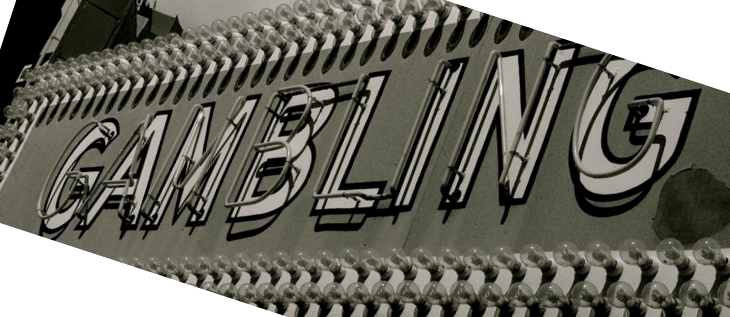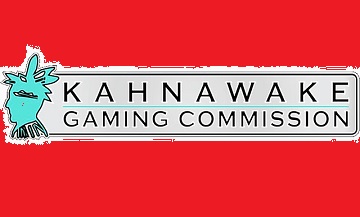Numerous research studies claimed to the recognition of the fact that money stakes on horse racing, lacrosse had been designated to resolve conflicts between communities, to strengthen inter-exchange of goods and pre-colonial currency. In this meaning, it seems essential for provinces and reservations to accept wagering houses as an instrument of economic development and to celebrate the right to self-regulation of high stakes funs.
The native-based gaming in the country is presented in a variety of on/off charitable events, casinos and e-net hosting actions in the frame of appropriate regulation. Making predictions, there is a sense to underline the tendency of the gambling sector to increasingly develop online Canada casino which has been successfully launched by Mohawks.
Nowadays, the progressive prepotency of the virtual bets area has become obvious thereof. For a while, though Kahnawake reserve still is the only host in law, there is a big potential for administrations of all regions to settle computer servers.
Ontario Regulations
Ontario is the heavy populated province with 141,000 residents. In 1993-1995 three native communities signed agreements of charity entertainments. Each beneficiary obtained a power to emit licenses in their territories to execute mentioned activities. Signed documents officially admit the authorization.
 But, nevertheless, commerce operators should pass the registration in the AGC Alcohol and Gaming Commission on the reservation. That is the demand of the GCA (Canadian Gaming Association).
But, nevertheless, commerce operators should pass the registration in the AGC Alcohol and Gaming Commission on the reservation. That is the demand of the GCA (Canadian Gaming Association).
Sources of Revenue
Canadian provinces are funding First Nations from their total gaming earnings, except Quebec. As to the casino business, Ontario distributes net yield in proportions among territories. That corresponds to the Revenue Agreement, signed by regional authorities and Chefs, who represent FN communities.
In 2008, the formula of the margin’s distribution was changed. From that time the funding didn’t depend on local gambling profits but was determined as 1.70% of the total gains. Thus, reservations became capable of investing net finances of betting houses into economic development, health, education, and cultural programs.
Proceeds by Numbers
In 1995, the Progressive Conservative government accepted a winning tax of 20% on gross revenues of betting houses. As a result of such move, the Ontario provincial authorities received at least $400 million.
In accordance with the executive summary of the OLG Consolidated Financial Statements 2014-2015, OLG successively accelerated business and financial results. Slots and casinos revenues (in C$millions) were $1.9 / $2.0, correspondingly.
Overall payments (in C$millions) to the province also progressed: $ 2.04 / $ 2.07. To the administration of Canada: $ 285.2 / $ 281.8. Net profit to the state: $ 1.99 / $ 2.00. Payments to the government of Ontario include win contribution.
Public Statistics
 The research figures of public participation in OLG games are following:
The research figures of public participation in OLG games are following:
- 45% of grown-ups are current players. They bought a lottery ticket minimum once in the last two months;
- 60% of them played once in the past 12 months;
- 48% exclusively purchased lotto 6/49 and lotto max;
- Approximately 18% of adults are principle raffle players (buys draw tickets once a week).
Kahnawake Jurisdiction in Canada
The First Nation is situated in Quebec. It represents a reservation of 48.05 sq.km. The territory positions itself as sovereign and partially stays apart of the federal regulation. To operate in the territory all companies should lease servers from MIT. The main authority of regulating online gambling here is the Kahnawake Gaming Commission.
The KGC was registered in the 1996 year, in the 1999 year started internet betting legalization. Membership: three persons with two years’ term of work. Its budget is around $36 million.
The company grants four specialized licenses to video software operators depending on the character of activities. The licensing peculiarities, application formalities, fees you can find on their websites.
